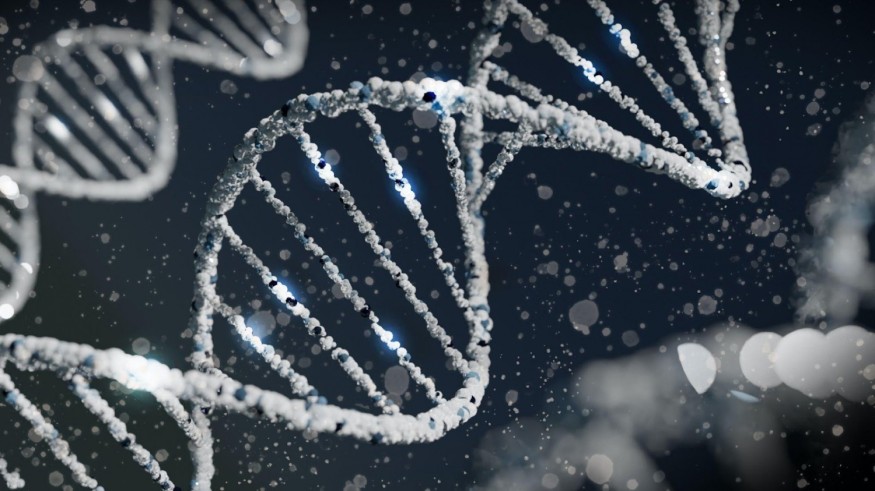
DNA testing has become a groundbreaking tool for unraveling the mysteries of our genetic makeup, ancestry, and potential health risks. With a myriad of at-home DNA testing kits available today, it's easier than ever to gain valuable insights into our family history and heritage. In this blog post, we will explore the various types of DNA tests available, including saliva, hair, at-home, and lab tests, to determine which is the most accurate and suitable for your needs.
Saliva-based DNA Testing
Saliva-based DNA testing has gained immense popularity due to its simplicity and convenience. With just a simple saliva sample, individuals can unlock a treasure trove of genetic information, including ancestry composition, genetic predisposition for diseases, and physiological traits. Companies like AncestryDNA and 23andMe offer at-home DNA test kits that provide ethnicity estimates and connect users with relatives from around the world. While these tests offer valuable insights, they also come with privacy concerns, as sharing genetic data with for-profit companies may have unforeseen future consequences. Users should carefully weigh the benefits against potential privacy risks before opting for a saliva-based DNA test.
Hair-based DNA Testing
Hair-based DNA testing is a less common approach to genetic analysis. Unlike saliva-based tests, which have a higher adoption rate, hair-based tests involve analyzing DNA from hair samples. While this method may offer specific advantages, such as providing access to certain forensic and genetic data, it is not as widely available as saliva-based tests. As the field of DNA testing continues to advance, hair-based tests may gain more prominence, especially in specialized applications like criminal investigations and historical research.
Lab-based DNA Testing
Lab-based DNA testing, also known as clinical DNA testing, is conducted in specialized laboratories by expert scientists and geneticists. Unlike at-home kits, lab-based tests are often ordered by healthcare professionals for specific medical purposes, such as diagnosing genetic disorders or assessing disease risks. These tests are highly accurate and regulated by strict quality standards. While lab-based DNA testing offers precise and reliable results, it requires medical oversight and is not typically used for general ancestry or genealogy research. However, it remains the gold standard for clinical genetic testing and provides crucial information for personalized healthcare.
At-Home vs. Lab-based DNA Testing: Weighing the Pros and Cons
At-home DNA testing kits have democratized genetic testing by making it accessible to the masses. These kits offer convenience, allowing users to collect samples in the comfort of their homes without the need for medical professionals. They also provide insights into ancestry, health risks, and potential relatives. However, the accuracy of at-home tests may vary, and users must be aware of potential privacy risks associated with sharing their genetic data with commercial entities.
On the other hand, lab-based DNA testing ensures the highest level of accuracy and reliability. These tests are ordered and analyzed by qualified medical professionals, making them ideal for clinical applications and diagnosing genetic conditions. However, lab-based tests require a doctor's order and are not designed for recreational genealogy purposes.
Conclusion
In conclusion, DNA testing has opened up exciting possibilities for understanding our genetic heritage and potential health risks. Saliva-based DNA tests like AncestryDNA and 23andMe offer a convenient and accessible way to explore our ancestry and connect with relatives worldwide. However, users should carefully consider the privacy implications of sharing their genetic data with for-profit companies.
For more specialized and medically significant purposes, lab-based DNA testing remains the most accurate option. Clinical DNA testing provides essential information for diagnosing genetic disorders and managing personalized healthcare. As technology advances, hair-based DNA testing may also emerge as a promising approach in specific applications.
Whether you opt for an at-home DNA test or a lab-based one, the key is to be informed about the potential benefits and limitations of each type of test. Ultimately, the most accurate DNA test depends on your specific needs and objectives in exploring the depths of your genetic identity.










